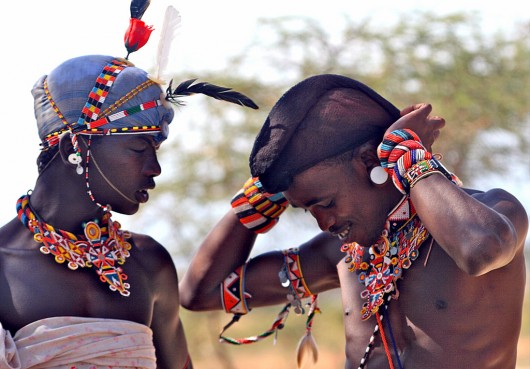Europe’s Largest Global Poverty Institute Coming Soon

The University of Manchester has just created Europe’s largest global poverty institute.
The University’s Institute for Development Policy and Management (IDPM) and Brooks World Poverty Institute (BWPI) are uniting to create the Global Development Institute in early 2016.
According to the University’s website, the Global Development Institute’s research themes will be:
- Poverty and inequality
- Governance and management
- Globalization and political economy
- Environmental, urban and agrarian change
The Global Development Institute “will focus on promoting social justice through its world-class, interdisciplinary research building on the University’s reputation for development studies.”
To that end, it will extend the University’s efforts to address global inequalities, an issue that has become quite popular as of late, given the UN’s new Global Goals. Around 335 academic staff and Ph.D. students are working at the university to address global inequalities already, and those numbers will undoubtedly grow under the Global Development Institute.
This new Institute will provide the necessary research to better our world and help us reach global equality, which we are making small steps toward, but is still a goal for the future.
According to the World Bank, the poverty headcount ratio at US$1.25 a day was over 46 percent in sub-Saharan Africa and 24.5 percent in South Asia, as of 2011. The headcount ratio in fragile and conflicted situations was 42.7 percent.
The World Economic Forum reports that the poorest half of the population often controls less than 10 percent of its wealth.
These are the kinds of statistics that the Global Development Institute will work toward improving.
The University of Manchester has been making its mark in international development since 1950 and has grown its development programs greatly since then.
“In recent years findings from University of Manchester researchers have influenced the Commission for Africa, bilateral and multilateral development agencies and African and Asian governments,” says the University.
– Ashley Tressel
Sources: University of Manchester 1, University of Manchester 2, University of Manchester 3, University of Manchester 4, World Bank, The World Economic Forum
Photo: Flickr
